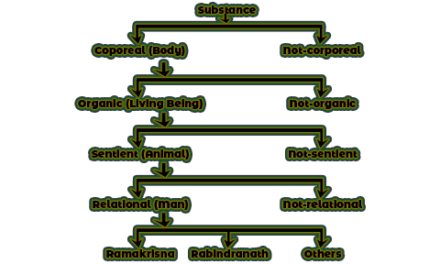Benefits and Considerations of Cooperative Collection Development:
Cooperative collection development is a process in which libraries work together to develop a shared collection that meets the needs of all participating libraries and their respective communities. It involves collaboration and coordination among libraries to identify areas of overlap and to strategically allocate resources to build a more comprehensive and diverse collection. Here are some of the key benefits and considerations of cooperative collection development:
Benefits:
- Increased access to resources: By working together, libraries can expand their collections beyond their own resources and provide greater access to materials for their patrons.
- Cost savings: Cooperative collection development can help libraries save money by sharing the costs of acquiring and maintaining materials, and by avoiding unnecessary duplication.
- Improved efficiency: By coordinating their collection development efforts, libraries can avoid redundant efforts and streamline their workflows, allowing them to allocate resources more efficiently.
- Greater diversity and depth: A shared collection developed through cooperative collection development can be more diverse and comprehensive, offering a wider range of perspectives and subject areas than any one library could offer on its own.
Considerations:
- Collaboration and communication: Cooperative collection development requires strong communication and collaboration among participating libraries. Libraries must be willing to work together and share information about their collections and acquisition priorities.
- Resource allocation: Participating libraries must agree on how resources will be allocated and how decisions will be made about which materials to acquire and how to prioritize them.
- Collection management: A shared collection requires a coordinated approach to collection management, including cataloging, circulation, and preservation.
- Shared access: Libraries must agree on how the shared collection will be made accessible to their respective communities, including issues related to interlibrary loans and access to digital resources.
Overall, cooperative collection development can be a powerful tool for libraries to expand their collections, reduce costs, and increase access to resources. However, it requires careful planning, communication, and collaboration among participating libraries.

Former Student at Rajshahi University










